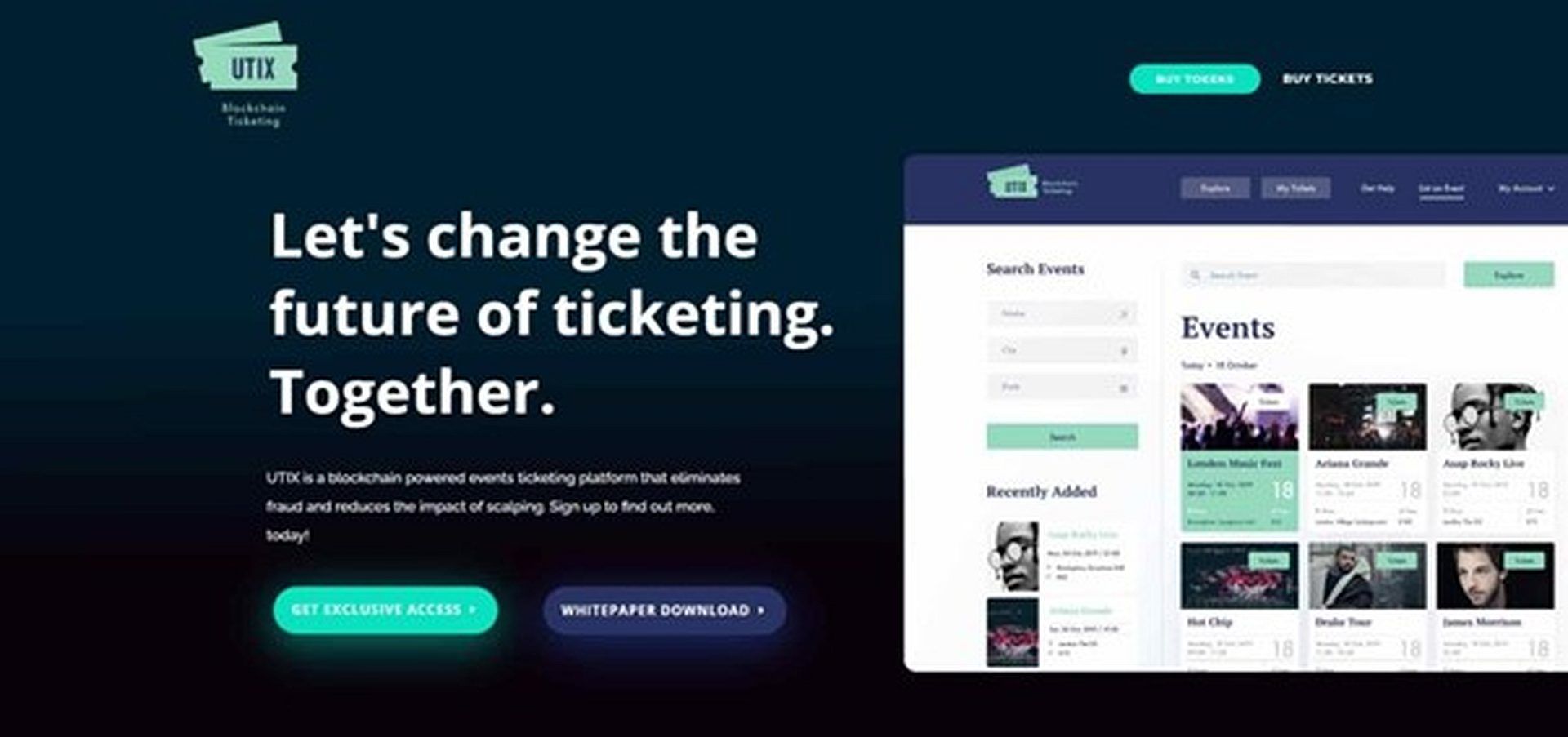Crypto is one of the most dynamic markets in the world today, offering a plethora of unique innovations that have gripped the attention of technologists and digital enthusiasts all over the world. However, one offering in particular that has witnessed a monumental rise over the last couple of years has been nonfungible tokens (NFTs).
Thanks to their unique properties, such as indivisibility, verifiable authenticity, portability, and programmability, NFTs have seen their scope of use expand well beyond the realm of digital collectibles over the last year or so, foraying into diverse fields such as ticketing, digital identity management, etc.
The urgent need for better ticketing solutions
The ticketing industry, in its present iteration, is fraught with a number of inefficiencies and operational bottlenecks. For example, the problem of scalping, a practice where digital bots are used to buy a large number of tickets only for them to be resold via secondary marketplaces, is extremely prevalent within the market today.
The issue has been a lingering, long-standing one, with new instances of this dirty practice coming to the forefront every couple of months. For example, earlier this year in February, scalpers in Australia’s WA province were fined heavily for inflating the price of tickets for UFC’s Perth event by a whopping 420%.
Similarly, in August, Korean singing sensation Sung Si-Kyung raised concerns after tickets for his free concert were lapped up by scalpers in under three minutes, only for them to resurface on various underground trading sites for exorbitant prices — with some seats being resold for as much as 300,000 won ($225 approx).
In addition to scalping, the ticketing sector is also highly monopolized, such that a select few entities like Ticketmaster, StubHub, Eventbrite, and Front Gate Tickets have cornered the market, leaving little to no room for independent players to operate in this space. Due to this extreme centralization, many artists and venues have had to bow down to the whims of these conglomerates.
Lastly, the problem of fraud is also quite rampant within this space. For example, in 2022, more than 40,000 fake stubs for the Champions League Finals — one of the most prestigious soccer events in the world — flooded the market in France, leading to widespread chaos and the army having to step in.
Here’s why NFTs are the perfect solution
From the outside looking in, NFTs have the potential to allay all of the problems that have been outlined above. This is because their verifiable and transparent nature ensures that they can never be duplicated or forged. Moreover, since these tokens can be directly linked to their owners, the chances of tickets being faked for an event are completely eliminated.
One company that has been at the very front of using NFT-based ticketing solutions is UTIX. By offering clients a decentralized accounting/minting system, the company counters the problems of scalping efficiently since each ticket stub is linked to an individual’s wallet (which has been KYC’d). Moreover, since every sale is made using the blockchain, it is possible to ensure that a single person/entity is not able to acquire more than a set number of tickets.
In terms of accessibility, UTIX’s solution is extremely user-friendly, offering organizers as well as event-goers with a platform that is easily accessible via a number of different digital avenues, including iOS and Android. Moreover, it allows organizers to set the price of secondary market tickets as well as put a cap on the number of resales allowed.

UTIX comes loaded with a range of analytical tools, allowing back-end customers to obtain a range of detailed data, such as the demographic associated with a particular event, market demand for an artist, etc. Lastly, owing to the fact that the platform weeds out the need for any middlemen and intermediaries, it is able to reduce transaction costs significantly, thereby making tickets more affordable for eventgoers.
A decentralized future awaits us
As Web3-enabled technologies continue to permeate diverse industries such as event management, ticketing, etc, it stands to reason that the use of blockchain within these spaces will increase quite dramatically in the near to mid-term — especially since it can alleviate many of the bottlenecks currently afflicting these markets. Therefore, it will be interesting to see how things shape out for this technology from here on end!
Featured image credit: Felipe Bustillo/Unsplash





